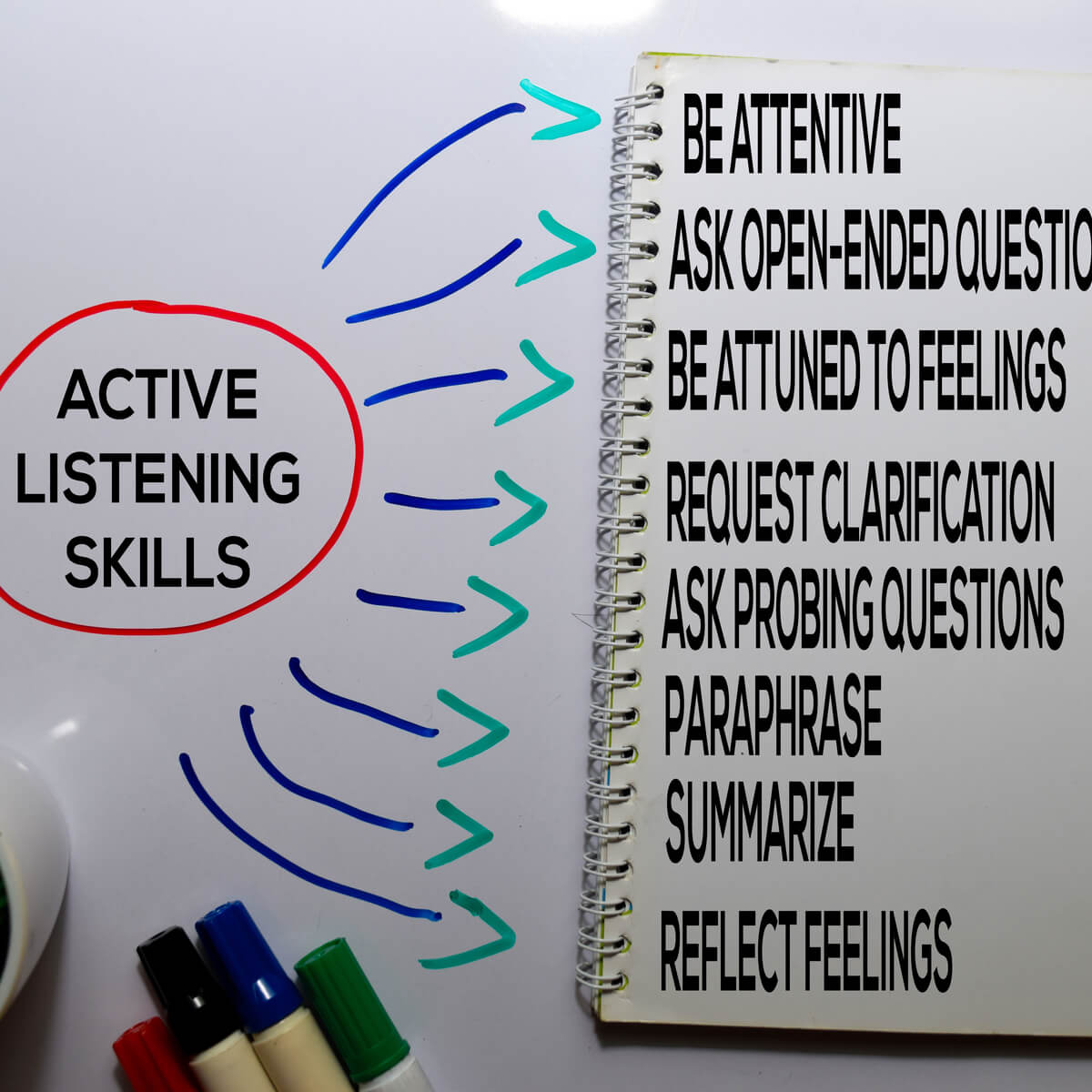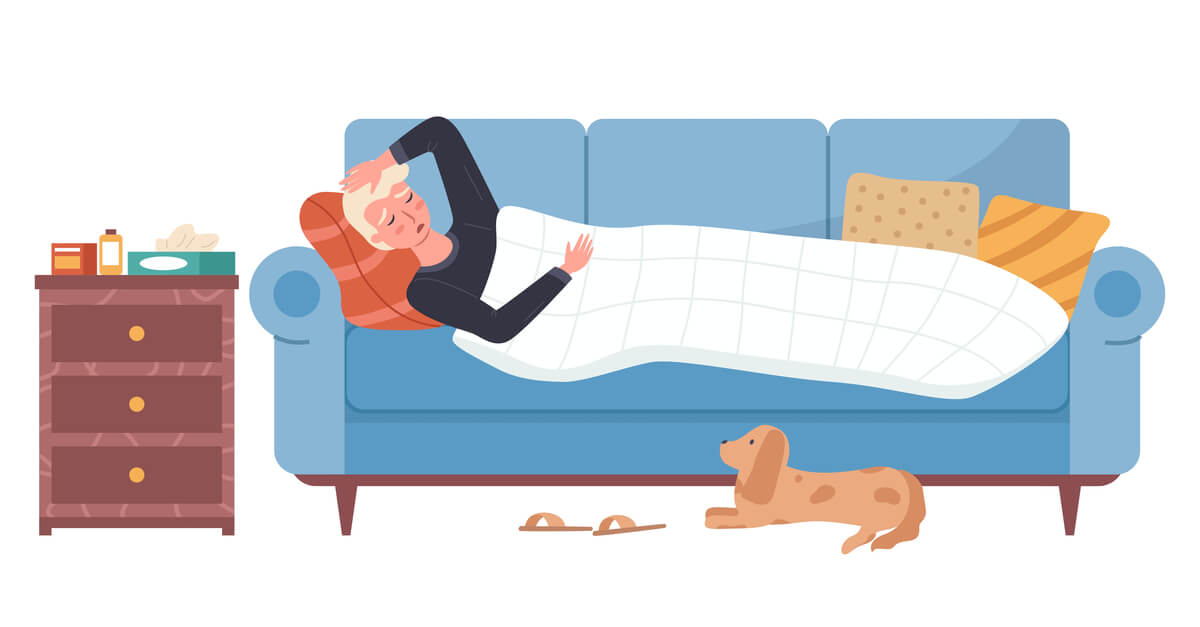
January 26, 2022
At first, it did not take too much time or effort to help them. Your mom needed a little help with running errands and doctor appointments. Your dad needed some help with cleaning the gutters or getting the oil changed. Your wife needed help getting to her hair and nails appointment. Your husband needed help with mowing the lawn and going to the barber. Nothing major and it didn’t take too much time or effort to help them.
The months have flown by as a caregiver
As the months fly by, more and more is required of you. More of your time. More of your effort. More of you moving your schedule around. At about the 18 months mark, you are getting a little tired. You are beginning to feel more and more frustrated. You have had to miss work. You have missed your kids school functions. You have missed your kids’ ballgames. You look up and realize that you have not seen your best friend in months. You have not been out to eat in a long time.
Your body is aching. You are tired. You realize that you have not been doing your favorite activities that keep you in shape or keep your stress level down. Walking, running, swimming, weight lifting, yoga, playing cards, gardening, reading, etc. You try to think back to when that all stopped. Maybe you remember, maybe you don’t because it was a slow process.
When was the last time I saw __________________? When was the last time that I had any fun? When was the last time that I spent a weekend with my husband, partner or family? When was the last time that I spent time with my wife or partner to reconnect? Hell, when was the last time that I had time to myself to do what I wanted to do?
About the 18 months to 2-year mark, you usually need help. Sometimes, things are going well and you just need a break. Sometimes, things are not going well at all and you don’t know what to do to make things better. This is usually the time that I am called in and we troubleshoot, create plans of action and get the support system up and running.
Caregivers need a support system
Everyone needs a support system. It would be best to gather all of those folks at the beginning. Why? Because, eventually you are going to need them, their talents and their help. Don’t wait until there is a crisis to figure out who is good at what. Don’t wait until there is a crisis to find out who is willing to provide hands-on help and who is willing to provide other services such as running errands, doing the laundry, cooking meals, mowing the lawn, cleaning the house, etc.
If you ask people to do what is uncomfortable for them to do, they will do one of two things. One, they will decline to help. Two, they will do it, but they will resent it and will find ways to never have to do it again. Not everyone can or should provide the hands-on care. Maybe they are comfortable with hands-on care up to a point. Find out what that stopping point is! Mine is the toileting and bathing habits. I am not too good at sitting with them for long periods of time either, I preferred to get out and about with mama and she preferred that too. I used to beat myself up for not being able to do the toileting and bathing things. I certainly loved and cared for my mama. I wanted her to have her needs met and have the best possible care. I had to realize my strengths and my weaknesses. I had to understand that it was not about me, it was about what she needed and who could best provide those things.
Medical training vs home health training
I can do any of the medical stuff but, I cannot do the toileting or the bathing stuff. Isn’t that strange? Looking back, I had medical know-how and training, but I never had training for daily care. Maybe, that would have made a difference. In my case, I don’t think so. I do believe care givers need to be trained in helping with the activities of daily living. You can hurt your loved one or yourself if you do things incorrectly. Care giving is hard work. It is physically demanding. It is emotionally draining. It is mentally taxing.
We sure do it though, don’t we? Even if you provide hired help or see to your loved one’s care, you are a care giver. Even if you are hours away or states away and you see that their needs are met, you are a care giver. We see ourselves as helpers and not as care givers, but we are care givers. Why is that important? Because, being a care giver has health consequences for us. Being a helper or a care giver impacts our entire family.
Asking for help is necessary for good care. It is good for the care receiver and it is good for the care giver. Why do you need to ask for help? Because at the beginning, folks did ask you how they could help you. You didn’t really need the help then. They would keep asking for about a year and then they would stop asking. Why? It wasn’t because they no longer wanted to help. It was because, every time they asked, you said no. So, they stopped asking. They figured, if you needed help, you would let them know. You needed help, but you did not let them know. You are so busy. You are stressed. Take a breather. Be open to the possibility that others are willing to help. You make that call and state what you need. Yes, state what you need. Be specific. If they can, they will. If they can’t, they won’t. Call the next person and state what you need. For example, I need mom to be taken to the hair dresser on Thursday at noon, to the grocery store after that and stay with her until 4:00. Not, can you help me with mom on Thursday?
State what you need
By stating what you need, you have given them the opportunity to see what needs to be done and if they can make it happen. Maybe, they can do all of it, maybe they can do the hair dresser and grocery store. It is much easier to decide if you know what will be expected of you and the time frame. It is always the unknown or ambiguous that will cause us to hesitate and probably say no. Another example is that you need someone to sit with your mom for 6 hours on Saturday. Don’t ask if they can sit/stay with her for 6 hours. They will freak out. They don’t know what to do with her for 6 hours. Give them some activities to do. Lunch out, if possible. Watch a movie, play cards or a board game.
Use “I” statements. I need a break to take care of my stuff. I want you to _______. Try your best not to use “You” statements. That is a fight or hurt feelings just waiting to happen. The word “you” gets everybody’s back up and on the defense.
Maybe you do need them to sit with a loved one who is unable to do much of anything anymore. You still need to tell them how to be helpful. Give her 2 oz. of water to drink every hour or so. Tell them that she will need to be prompted to drink. Tell them when and what to feed her. Tell them what medications they need to take and when. Let them know her schedule, TV shows, nap time, etc. Let them know that they need to check on her every hour and that they can watch TV, watch a movie or do their work. Maybe, they need to hold her hand or just be in the same room with her.
Tell helpers what to expect
Tell them what to expect. Sure, you know, but they do not know. They want to help and they want to do it right. It would also be helpful to give them a phone number of someone else to call, if they have questions. NOT your number, someone else’s number. You are taking a break.
Look, the more you have prepared them, the more likely it will be a success for all involved. The more successful it is, the more likely it is that they will help you again. Win-win-win. You win. Your loved one wins. The helper has helped you and feels good about that because they care about you.
The helper will not do it exactly like you do it and that is okay. There are always more ways to do things. Don’t be a micro-manager. You trust them to stay with your loved one so trust them to handle the tasks.
Why is it so hard to ask for help?
-
- You are having difficulty trusting someone else to do the job “right.”
-
- You won’t let go of the need to control things
-
- Guilt over leaving the person in someone else’s care
-
- Worry over the quality of care if you are not there from day to day overseeing everything
-
- You may be too overwhelmed to ask for help
-
- You think that you are being selfish if you put your needs first
-
- I promised my father that I would always take care of my mother
-
- I am responsible for my parent’s health
-
- If I do it right, I will get the love, attention and respect that I deserve
-
- You feel inadequate if you ask for help
-
- My loved one refuses to let anyone else help & guilt trips me
-
- My siblings are jockeying for power
Change your mindset
Realize that asking for help is smart. It is not selfish. If you burnout, who will be there to help care for your loved one? Give yourself permission to enjoy your own life. Realize the importance of taking care of your own health (physically, emotionally and mentally.) Understand that a break is essential and not a luxury. While this is easier said than done, turn off your care giving mind. A few hours of reconnecting with others, a dinner out, a long hot bath and sleeping in your own bed, can do wonders.
Asking for help is necessary for both you and the care receiver. See, it is not all about you.
Some tools/tips to help you ask for help:
-
- Have a list of people to call
-
- Have a list of needs/projects to be handled
-
- Consider the person’s strengths when asking
-
- Ask different people, do not use the same person each time
-
- Pick the best time to ask for help
-
- Be prepared for refusals
-
- Understand their hesitancy
-
- Don’t take it personally, when someone you have asked cannot help, this time
-
- Be assertive, but don’t be an ass
Our emotions exist for a reason. They let us know when something is out of whack or off kilter. Learn from them. Don’t push them down, don’t ignore them, learn from them. Even if you push them down, they will come out in other ways. If you are providing care for a loved one you will experience many different emotions. Emotions are not wrong or bad, they just are. Be curious about them, ask why you are having this emotion or feeling? No judging! Maybe some of your emotions are telling you that you need to make a change in your care giving situation. You have probably begun the grieving process. You are experiencing an increase in stress. That it is time for you to ask for help. It is time to be assertive.
-
- Who are the 5 people you will contact?
-
- What will be on your list of chores/projects?
-
- What days and times will you need a break?
Write it down. When will you complete these lists? Write it down. When will you start making these calls to get people on board? Write it down.
What gets written down, gets done.
Pat




